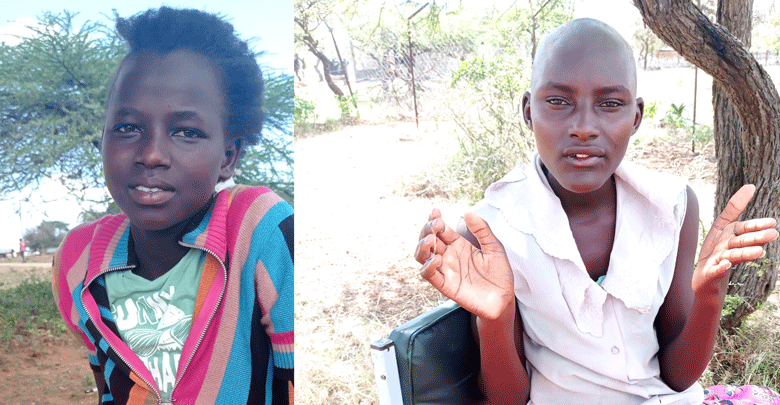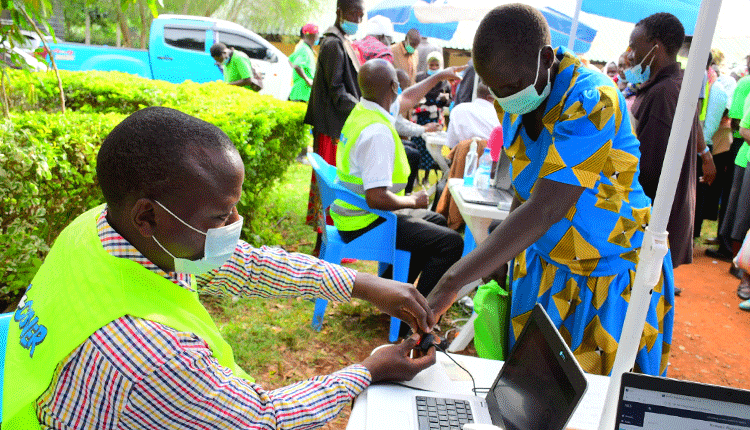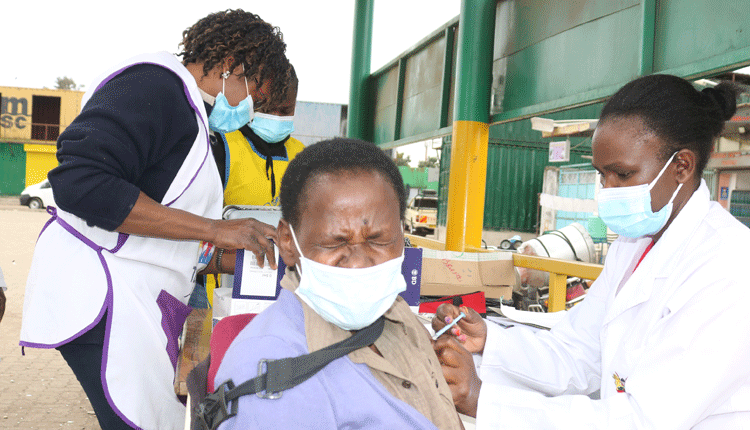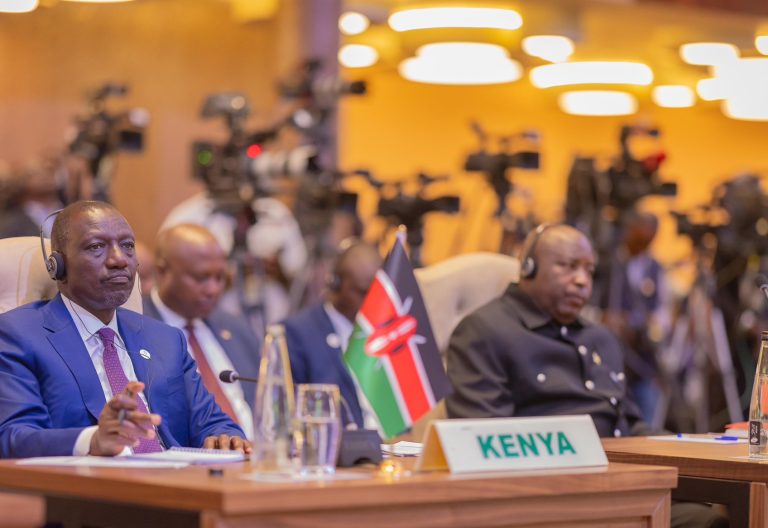Sigh of relief for girls using school-provided free pads

Milliam Murigi @millymur1
Re-opening of schools on January 4 has been a great relief to teenage girls, because they will now be able to access free sanitary towels provided in institutions.
The period when schools were shut due to Covid-19 pandemic was the toughest for teenage girls from vulnerable families.
Most of them could not afford sanitary towels, since they solely relied on free pads offered by the government in schools.
Consequently, the girls were forced to use available alternatives, which include scraps of cloth during menstruation.
Provision of sanitary towels to schoolgirls was disrupted by Covid-19 outbreak that forced schools to close.
Though the government had plans to continue providing sanitary towels to girls while at home, this never came to pass.
Emily Cheptoo, from Kalikwon Village in West Pokot is among girls who resorted to using old clothes popularly known as “viraka”, since her mother could not afford to buy her sanitary towels.
“The period when schools closed was the toughest. My parents could not afford to buy sanitary towels.
I was forced to use what was available. But now that schools have reopened, I am elated,” says the Class Seven pupil.
For the entire period, the 13-year-old was using old clothes during her menses.
She says it was traumatising and lowered her self-esteem. During that time, she would not step out of her parent’s compound.
This is because clothes do not catch menstrual flow effectively and she always feared to soil her clothes.
Another teenager, Florence Amiyako, says even getting old clothes for use was a privilege.
Most are the times she was forced to let the blood flow freely when she could not get an alternative.
She would be forced to abscond work. (Last year after school closure she was working to provide for the family of three since the father is jobless).
As the breadwinner of the family that was not taken lightly by her father.
Huge problem
“I endured a lot of embarrassment during my menstruation. It is something I would not wish to encounter again. I thank God schools are now open and I hope we will receive the pads as soon as possible,” says Florence.
Emily and Florence are not the only girls who endured this. Period poverty is a huge problem in Kenya.
It is defined as lack of access to sanitary products, menstrual hygiene education, toilets, handwashing facilities, and, or, waste management.
It does not just refer to those who have no access to sanitary products but also prolonged use of the same tampons or pads, which can cause infection.
Approximately 50-65 per cent of all girls do not have access to proper sanitary products.
This has been attributed to various reasons such as stigma and lack of understanding around menstruation.
Poverty also plays a big role, but even in communities where poverty is not an issue, parents simply do not realise the importance of providing sanitary products for their girls.
Covid-19 also worsened the situation. This is because sanitary products became more costly and were not readily available, forcing girls to result in potentially dangerous habits like using old clothes and recycling sanitary towels.
“Menstrual hygiene awareness is lacking, and though organisations are working to combat this, many girls and even their parents are not entirely sure about how to properly deal with menstruation, how it impacts personal hygiene, how to use sanitary products, or even how to properly and safely dispose of used sanitary products,” said Dr Norbert Abuya, West Pokot County Director of Health Services.
According to Scholastica Lutomia, Quality Assurance Officer, Department of Education West Pokot, period poverty was already a major issue countrywide even before Covid-19.
However, the government’s intervention of introducing free sanitary towels to all girls in public school had changed for the better, but Covid-19 eroded the gains the country had made in the past years.
“We used to give children enough sanitary towels. This was good progress but when Covid-19 struck, things changed and menstrual hygiene was forgotten,” says Lutomia.














